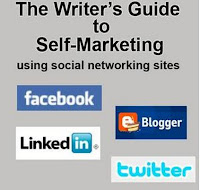 |
| Feriss, by Drew Kelly, NYT |
After several well-publicized cases involving writers buying or manipulating their reviews, Amazon is cracking down. Writers say thousands of reviews have been deleted from the shopping site in recent months.
Is a review merely a gesture of enthusiasm or should it be held to a higher standard? Should writers be allowed to pass judgment on peers the way they have always done offline or are they competitors whose reviews should be banned? Does a groundswell of raves for a new book mean anything if the author is soliciting the comments?
Timothy Ferriss marshaled his social media followers for favorable reviews of “The 4-Hour Chef.” Harriet Klausner now has over 25,000 reviews on Amazon. “You ever read a Harlequin romance?” she said. “You can finish it in one hour.”
Read the rest of Amazon Book Reviews Deleted in a Purge Aimed at Manipulation - NYTimes.com. Readers also shared their thoughts on this article. Read All Comments (391)




















